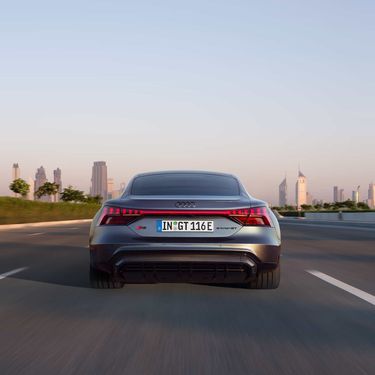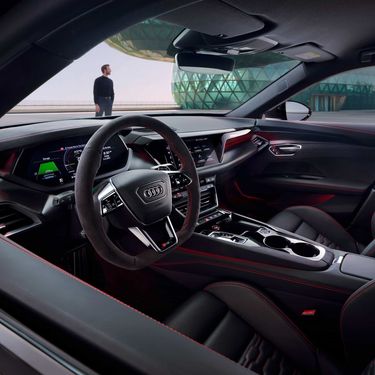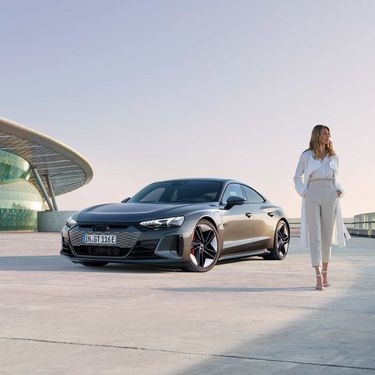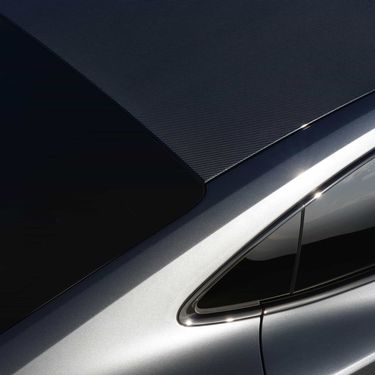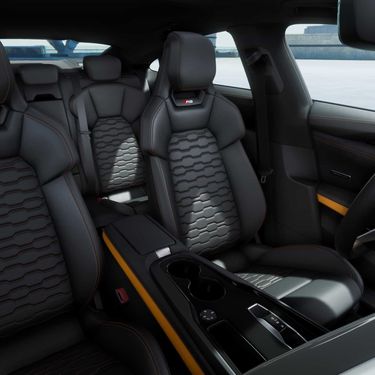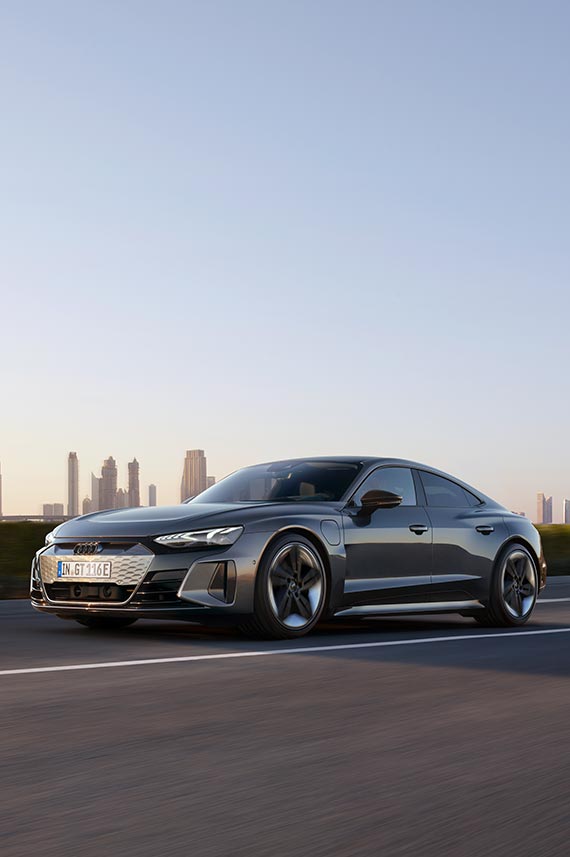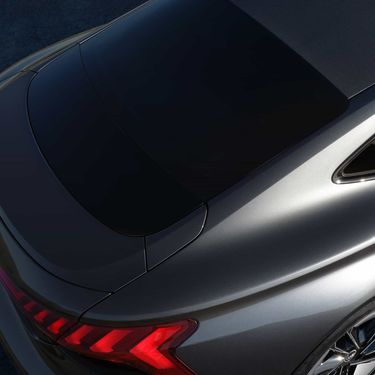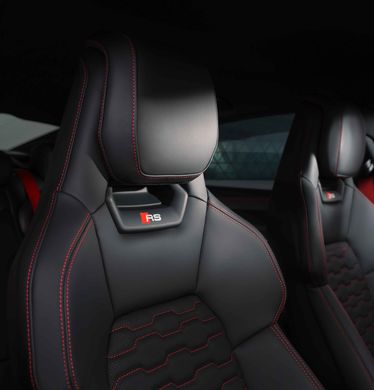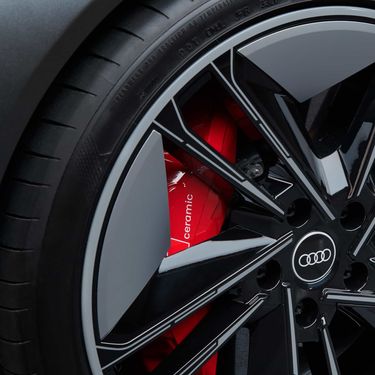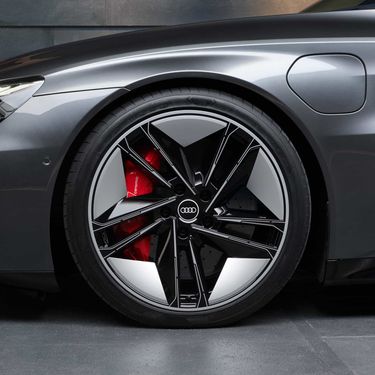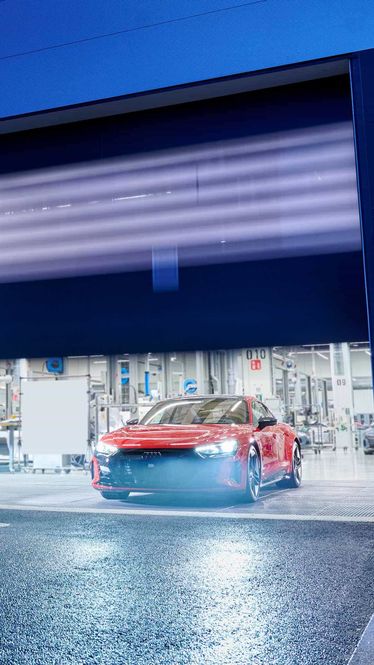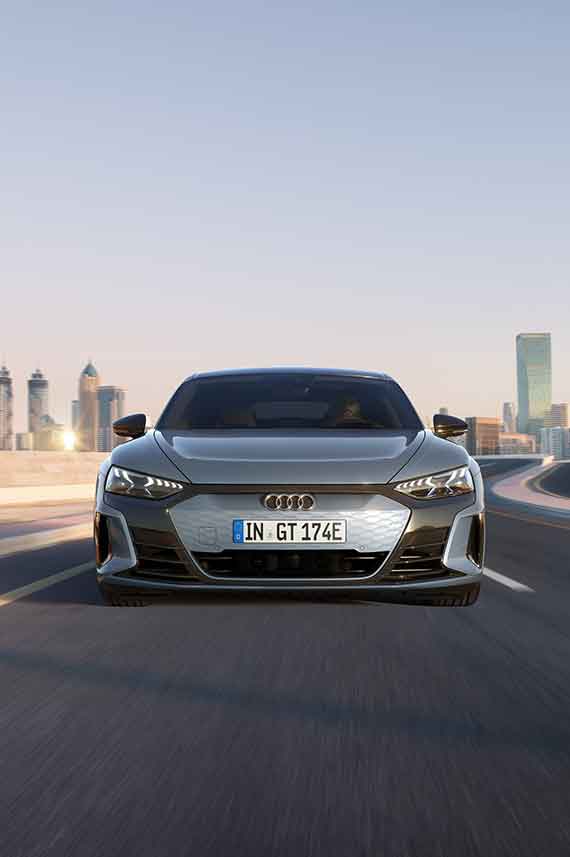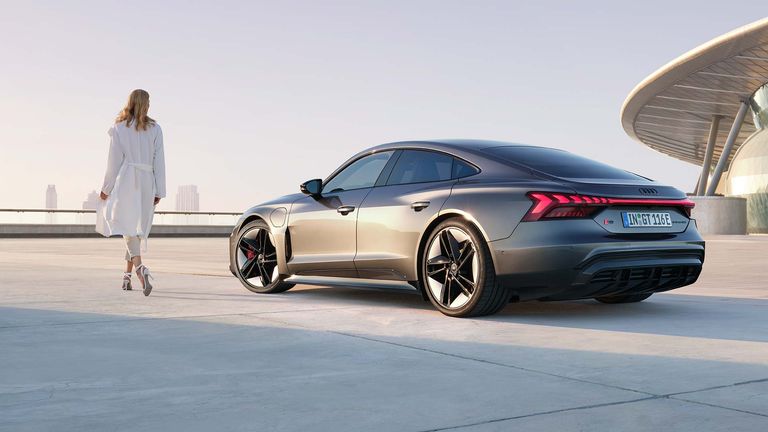
RS e-tron GT
CO2-Emissionen{ft_nemo-fn_eec-global-disclaimer}: 0–0 g/km
Stromverbrauch (kombiniert){ft_nemo-fn_eec-global-disclaimer}: 3.0–3.0 miles/kWh
Electrical consumption combined in kWh/100 km{ft_nemo-fn_eec-global-disclaimer}: 20.2-19.3 (NEDC); 22.5-20.6 (WLTP); CO₂ emissions combined in g/km{ft_nemo-fn_eec-global-disclaimer}: 0. Electrical consumption and CO₂ emission figures given in ranges depend on the equipment selected for the vehicle.
Pure energy and progressive performance
Quick configurator
Combine different paint finishes and wheels and create the Audi RS e-tron GT quattro according to your ideas.
RS e-tron GT
Electrical consumption combined in kWh/100 km*: 20.2-19.3 (NEDC); 22.5-20.6 (WLTP) | CO₂ emissions combined in g/km*: 0. Electrical consumption and CO₂ emission figures given in ranges depend on the equipment selected for the vehicle.
Exterior Colors
Rims









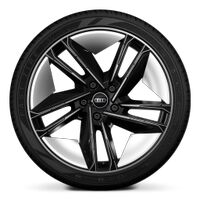
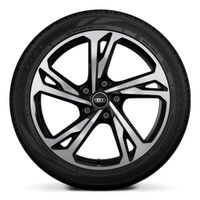

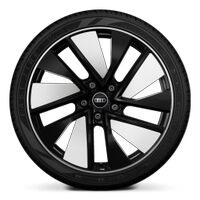

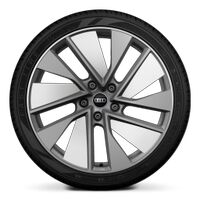

Daytona gray pearl effect
RS e-tron GT
Electrical consumption combined in kWh/100 km*: 20.2-19.3 (NEDC); 22.5-20.6 (WLTP) | CO₂ emissions combined in g/km*: 0. Electrical consumption and CO₂ emission figures given in ranges depend on the equipment selected for the vehicle.
Electrical output
kW
Torque: 830 Nm
Acceleration (0–100 km/h)
s
Range (WLTP) up tp
km
Exterior design
Audi exclusive
Battery from 5% to 80% charged in
min
(ideal conditions⁴)
Charging system
volt
Maximum charging capacity: 270 kWh
Battery capacity (net) up to
kWh
